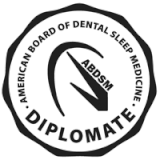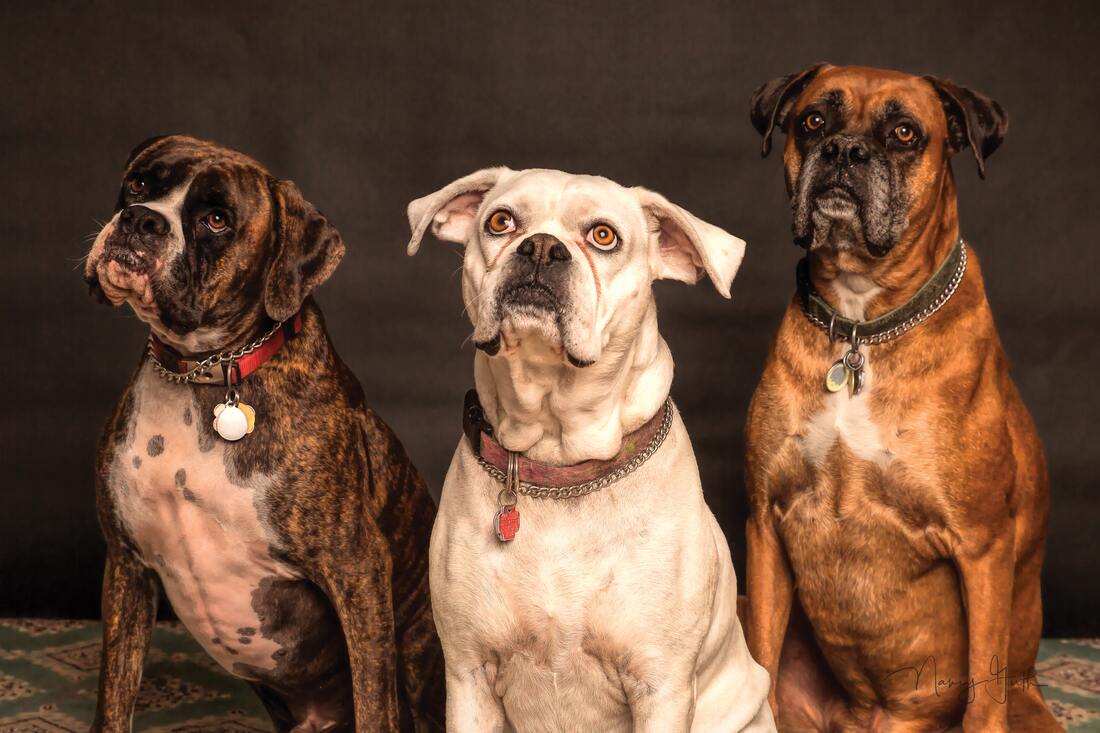|
Humans aren’t the only animals to suffer from interrupted breathing, snoring, and fatigue caused by sleep apnea – dogs and other pets can also experience sleep apnea. Just like with humans, sleep apnea in dogs can have serious health consequences. To help you determine whether a visit to the veterinarian is in order, we’ve put together following list of sleep apnea causes and symptoms in canines. Interrupted Breathing
A dog with sleep apnea will experience breathing problems when asleep. If you notice that your dog seems to repeatedly stop and start breathing or wake up gasping for air, this may be a sign that your dog is experiencing sleep apnea. Loud Snoring Chronic snoring is a common symptom of sleep apnea in dogs as well as humans. If your pup loudly snores throughout the night, this is a likely sign that they have sleep apnea. Snoring occurs when your dog cannot move air freely through their nose and throat while they sleep, causing the surrounding tissue to vibrate and producing the snore sound. Fatigue If your dog takes constant naps throughout the day or always seems tired, this may be a side of poor-quality sleep due to sleep apnea. However, it may also be a sign that your dog isn’t getting the rest they need due to another reason like an uncomfortable bed. What Causes Sleep Apnea in Dogs? Sleep apnea in dogs can be caused by obstructions in the airway, allergies, and obesity. Certain breeds like Pugs, Boston terriers, and French and English bulldogs are more likely to have obstructions due to how they’re bred. If you’re worried your dog may have sleep apnea, your veterinarian should be able to come up with a treatment plan to help your pet live a long and happy life. However, if you believe that you or a loved one is experiencing sleep apnea, Dr. Osborne and our team can help. Call us today to schedule your free consultation!
1 Comment
|
Archives
May 2024
Categories
All
|




 RSS Feed
RSS Feed
